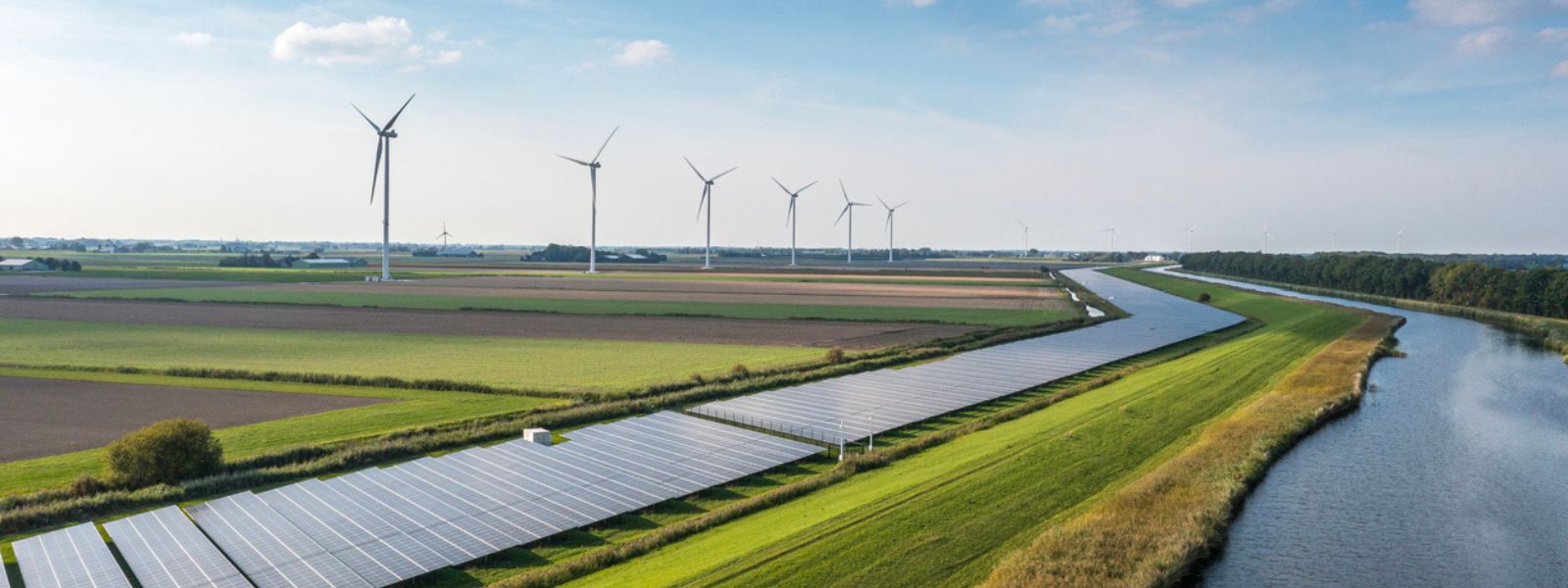OTTAWA — Dale Beugin, Executive Vice President of the Canadian Climate Institute, made the following statement in response to the release of Canada’s Energy Future 2023 by the Canadian Energy Regulator:
“This groundbreaking study by the Canadian Energy Regulator takes a clear-eyed look at the global energy transition and how shifting policy and market forces could affect Canada.
“The regulator’s modelling is neither a prediction nor a prescription, but it is a warning: Prudent decision-makers in the private and public sectors must manage the emerging risks and capitalize on the opportunities of a global energy transition. Canada’s future competitiveness depends on it. How effectively they do so will shape whether Canada’s economy sinks or swims as the world tackles climate change.
“This analysis underscores that Canada’s economic prospects will be profoundly affected by global forces outside our control, especially as market demand shifts in response to accelerating technological change and other countries’ policy ambitions. The global transition toward net zero will have big implications for Canada’s new and existing export markets—even if the world acts too slowly to stabilize warming at 1.5˚ C. The study shows that oil, gas and other transition-vulnerable sectors face clear risks from declining demand, while sectors such as hydrogen, renewables, batteries and energy storage stand to grow significantly.
“The regulator’s modelling also shows that Canada has a credible pathway to achieving its climate targets. The report finds implementing all of the policies proposed in the federal Emissions Reductions Plan could put Canada within striking distance of its 2030 target. Domestic policies will need to get stronger over time to keep Canada on a realistic path to reaching net zero emissions by 2050.
“The modelling also demonstrates that building a bigger, cleaner, and more flexible electricity system is fundamental to achieving net zero. Across multiple scenarios and sensitivity analyses, a clean electricity system consistently emerges as the linchpin of Canada’s net zero pathway—and this finding is consistent with our independent analysis at the Canadian Climate Institute. Achieving an affordable, competitive pathway to net zero requires substantial growth in clean electricity, as well as transmission infrastructure and storage.
“Neither Canada’s competitiveness nor its success in reducing emissions will happen in a vacuum. Time will tell how quickly the world reaches net zero, but Canadian governments, industries and investors can’t afford to assume that global efforts to reduce emissions will fail. The Canadian Energy Regulator’s new analysis provides a credible foundation for planning amidst the uncertainties ahead on the road to net zero.”
CONTACT
Catharine Tunnacliffe
Communications Director
Canadian Climate Institute
(226) 212-9883
ctunnacliffe@climateinstitute.ca





